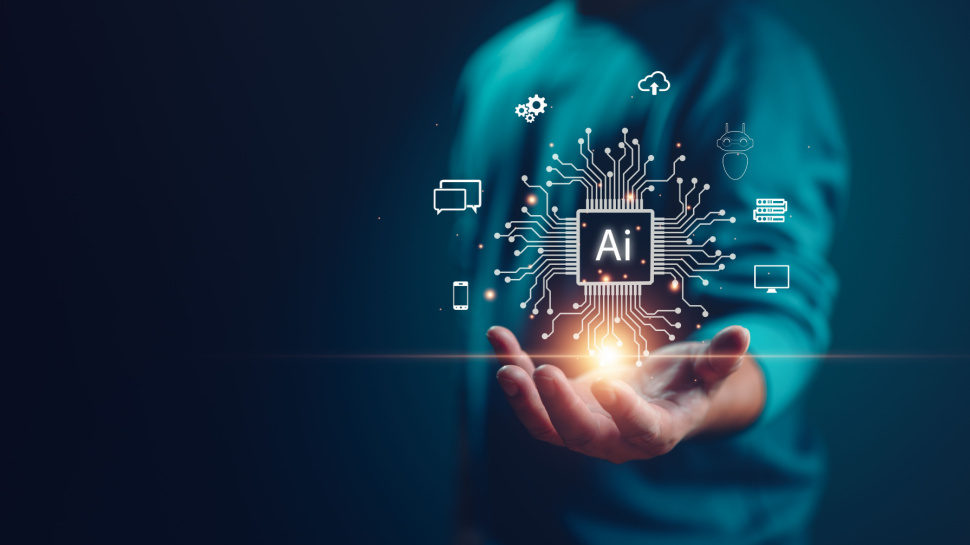Debate Over Universal Access to ChatGPT Highlights Benefits and Risks

Key Points
- Universal free access to ChatGPT Plus is being discussed as a way to democratize AI.
- Proponents argue it could boost productivity and narrow the digital divide.
- Critics warn of over‑reliance, misinformation, and embedded bias in AI outputs.
- There are concerns about giving a single private company a public knowledge role.
- Experts call for digital literacy education and transparency if access expands.
- Support for open‑source or public‑utility AI alternatives is suggested.
- The debate reflects broader questions about technology access and societal impact.
Discussions about providing every citizen with free access to ChatGPT Plus have sparked a broader debate on the role of AI in society. Proponents argue that universal access could boost productivity, bridge the digital divide, and democratize powerful tools. Critics warn of potential dependence, misinformation, bias, and the implications of endorsing a single private company's technology as a public utility. The conversation underscores the need for digital literacy, safeguards, and consideration of open‑source alternatives as policymakers weigh the promise of AI against its possible hazards.
Background of the Proposal
Recent reports indicate that the idea of offering free, universal access to ChatGPT Plus has entered public discussion. The proposal suggests that all citizens could benefit from a premium AI tool without personal cost.
Potential Benefits
Supporters highlight several advantages. Free access could enhance productivity by helping users summarize documents, generate presentations, and brainstorm ideas quickly. By removing a paywall, the technology could reach a broader audience, helping to close the digital divide and prevent wealthier users from monopolizing advanced AI capabilities. Advocates see AI becoming as essential as the internet, arguing that widespread availability would democratize a powerful knowledge‑enhancing resource.
Risks and Concerns
Critics raise a range of concerns. They point out the danger of users becoming overly reliant on AI, potentially diminishing critical thinking skills. Large language models can produce confident but inaccurate information, leading to the spread of misinformation if users accept outputs without verification. Bias embedded in training data may reflect the viewpoints of the organizations that develop the models, raising questions about cultural and political influence. There is also apprehension about granting a single private company a de facto role in public knowledge infrastructure, which could shape public discourse in subtle ways.
Calls for Safeguards
Observers suggest that if universal access proceeds, it should be paired with strong safeguards. Digital literacy education would help users understand model limitations and verify information. Transparency about how the AI functions and the data it was trained on could mitigate bias concerns. Some propose supporting open‑source alternatives or funding AI systems designed as public utilities to avoid monopolization.
Broader Implications
The debate mirrors earlier discussions about internet access, search engines, and social media platforms. However, AI tools like ChatGPT not only provide information but can also generate new content, amplifying their impact on education, business, and governance. Policymakers must balance the promise of increased efficiency and inclusion against the potential for dependency, misinformation, and the concentration of influence in private hands.
Conclusion
While the concept of free, universal ChatGPT Plus access remains speculative, it has ignited a vital conversation about how AI should be integrated into public life. The outcome will likely shape future strategies for AI deployment, emphasizing the need for responsible implementation, user education, and consideration of alternative models.